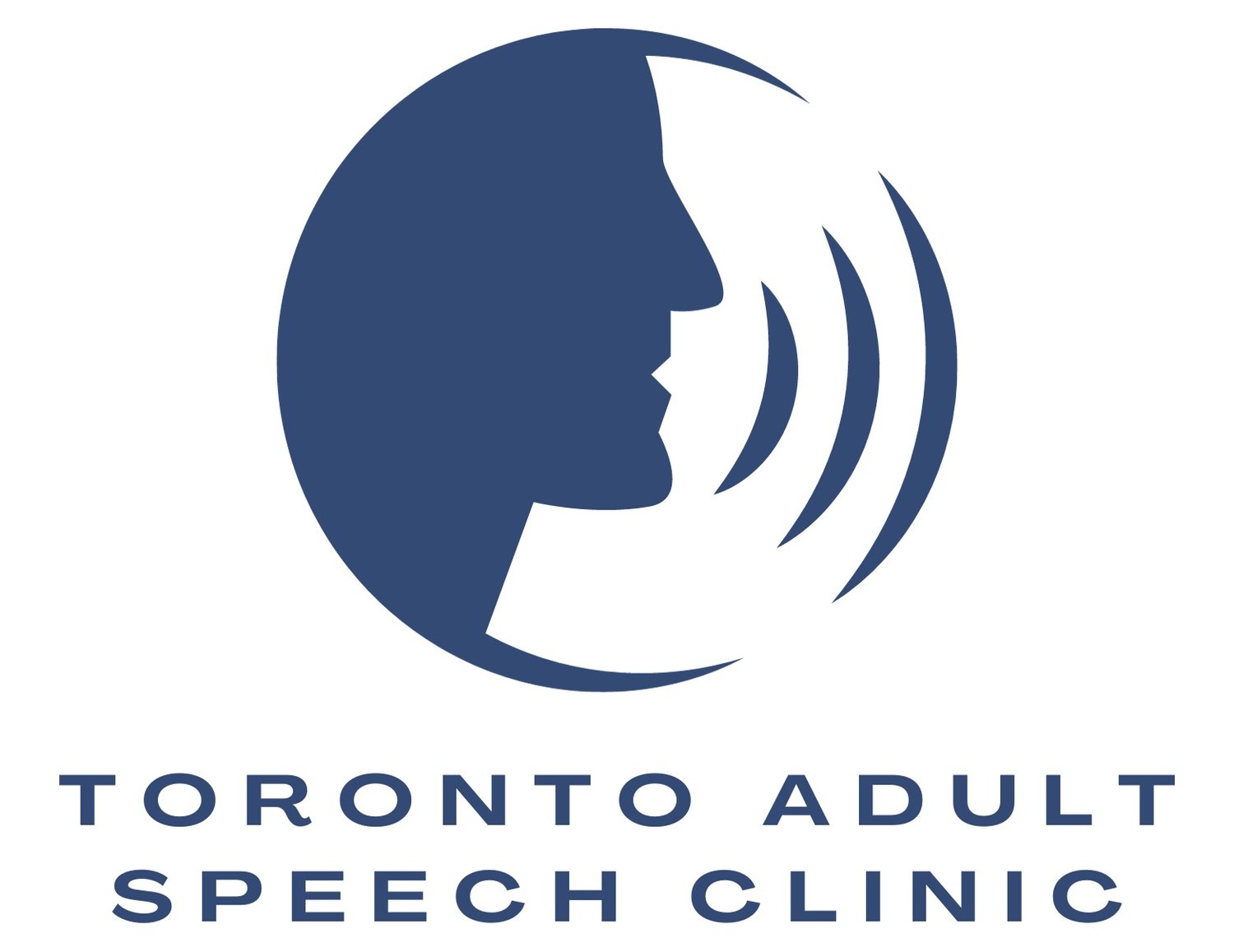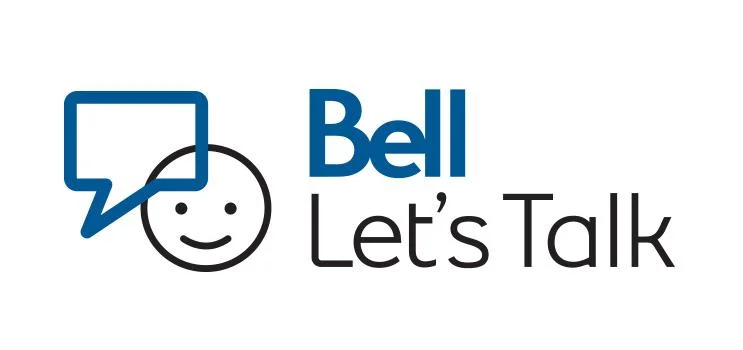“Let’s Talk” is Easier Said Than Done
“Let’s Talk” is Easier Said Than Done
Advocating for mental health as a speech-language pathologist who works with adults
January 31 is a day set aside to encourage support and communication around topics relating to mental health. Across social media we see #BellLetsTalk or #LetsTalk attached to brave posts by those who suffer or know someone who suffers with diagnosed or undiagnosed concerns with their mental health. Having my own personal experiences with loved ones suffering from mental illness or struggling with their mental health, I thought it was important for me to share my perspectives and contribute to this important conversation.
As a speech-language pathologist who offers speech therapy, voice therapy, and communication training for adults it is common for me to work with adults who often suffer in silence with their mental health concerns.
Why?
Because not only are these adults faced with the layers of stigma associated with mental health that prevent them from feeling safe to express themselves, they also experience related or unrelated challenges with their communication that act to prevent them from being able to freely express themselves (oh… and the stigma attached to these communication challenges).
These can be people who experience social anxiety, people who stutter, people who are transgender or on the gender spectrum, people who are not native English speakers and feel isolated by limitations in their speech or language, people who have a lisp, and anyone else who feels that their communication is not a reflection of their identity or who they know themselves to be.
In a world where communication determines the success of the majority of our social, personal, and professional interactions, a challenge in communicating the way we want can have crippling and isolating effects on us. Let me be clear, this does not mean that everyone who has a challenge with their communication experiences associated or mental health concerns at all, it simply means that we cannot discount the impact that communication can have on a person.
Maybe this is a person who stutters and frequently changes words to avoid a stutter or finds people interrupting them to finish their sentences. Maybe this is someone who is transgender and their voice or communication prevents people from interacting with them as their true gender identity or choice of pronoun, and calls them “confused.” Maybe this is a person with a lisp who has been told by a boss or loved one that their speech makes them sound “retarded,” or “slow.” Maybe this is a person who has had a stroke and lost the ability to communicate verbally and is being told by loved ones and caregivers what they want or how they should communicate. The list goes on, staggeringly, but one theme emerges- communication is intimately linked to a person’s quality of life, self-worth, feelings of independence, identity, mood, etc.- in short, their mental health.
So when considering these #BellLetsTalk discussions and this important movement- remember that there are people who because of their communication or severity of mental health or both cannot advocate for themselves. For them, a more appropriate hashtag is perhaps #LetsCare. Let us choose our words and actions carefully no matter who we interact with so the 2/3 people who suffer in silence with their own mental health can feel safe whether they choose or are able to express themselves or not.
We don’t decide how or when someone communicates, but we do decide how and when we choose to be supportive and receptive. #LetsCare
For more information on how you can support and stand beside this movement, visit https://letstalk.bell.ca/en/ways-to-help


